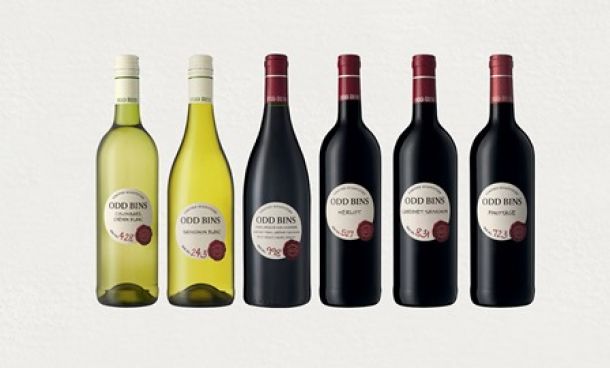Giant on the brew as AB Inbev courts SABMiller
SABMiller confirmed that Anheuser-Busch (AB) InBev had approached it about a takeover that would form a brewing colossus producing a third of the world’s beer.
A merged group would have a market value of about $275bn at current prices, and would combine AB InBev’s dominance of Latin America with SABMiller’s in Africa, both fast-growing markets, as well as their Asia breweries.
"The real attraction is Africa, where AB InBev has no presence, as well as some add-ons in Asia and Latin America," said Societe Generale analyst Andrew Holland.
SABMiller, the world number two and maker of Peroni, Grolsch Pilsner Urquell and Castle and Carling Black Label in SA, said it had been informed that AB InBev intended to make an offer and that under British rules, it would have to do so by October 14, though it cautioned that no offer had yet been made.
AB InBev, the global leader and maker of Budweiser, Stella Artois and Corona, confirmed its approach to SABMiller’s board.
A source close to SAB said it was too early to say what SAB would do, since no offer had been made. "At this stage, we’re in wait-and-see mode," said the source.
Speculation about a merger has swirled for years. The timing of the approach, after more than a decade of acquisitions by AB InBev, follows a roughly 15% drop in SABMiller’s share price from early August to mid-September.
If AB InBev, led by its deal-hungry CEO Carlos Brito, succeeds, it would spell the disappearance of one of SA’s industrial icons. A product of the Witwatersrand gold rush, SABMiller was founded as The South African Breweries (SAB) in 1895.
Two years later SAB went on to become the first industrial company to list on the JSE, itself then just eight years old.
SAB’s first move towards mega-brewer status came thanks to the imposition of a heavy tax on beer in 1955. SAB’s two biggest rivals, Ohlsson’s and Chandlers Union Breweries, found themselves in trouble. SAB swooped, acquiring both in 1956.
SAB’s rise to global mega-brewer status came under the leadership of a visionary, the late Graham Mackay, who became CEO in 1999. He stepped up to the mark at a time of feverish consolidation in the global brewing industry. Led by Mr Mackay, SAB moved to the forefront of the scramble. A crucial move was the shift of SAB’s primary listing from the JSE to London in 1999. In the process, SAB raised £300m to begin its acquisitive drive.
At the time of SAB’s shift to London and its domicile to the UK, it was SA’s largest listed industrial company, says Clyde Rossouw of Investec Asset Management.
Under Mr Mackay’s watch, SAB made 34 acquisitions valued at about $30bn, grew turnover from $4bn to $35bn and net profit from $390m to almost $4bn.
Among the acquisitions was US brewer Miller Brewing in 2002, prompting the name change to SABMiller. It would be a sad day indeed were the name SABMiller to disappear from the JSE and London boards. But there may be some consolation, said Mr Rossouw.
"SABMiller’s biggest shareholders (Altria and the Santo Domingo family of Colombia) would not want cash," he says. "There would have to be a dual listing of ABI shares on the JSE."
After the news on Wednesday, SABMiller shares rose more than 20% on the JSE, pushing it to a four-week high.
With Reuters
News Category
- International retailers
- On the move
- Awards and achievements
- Legislation
- Wine and liquor
- Africa
- Going green
- Supplier news
- Research tools
- Retailer trading results
- Supply chain
- Innovation and technology
- Economic factors
- Crime and security
- Store Openings
- Marketing and Promotions
- Social Responsibility
- Brand Press Office
Related Articles

Makro secures exclusive rights to SA’s most sou...

Checkers adds 41 new wines to Odd Bins range

With petrol at almost R20 a litre, food prices ...

Petrol price shocker for South Africa


